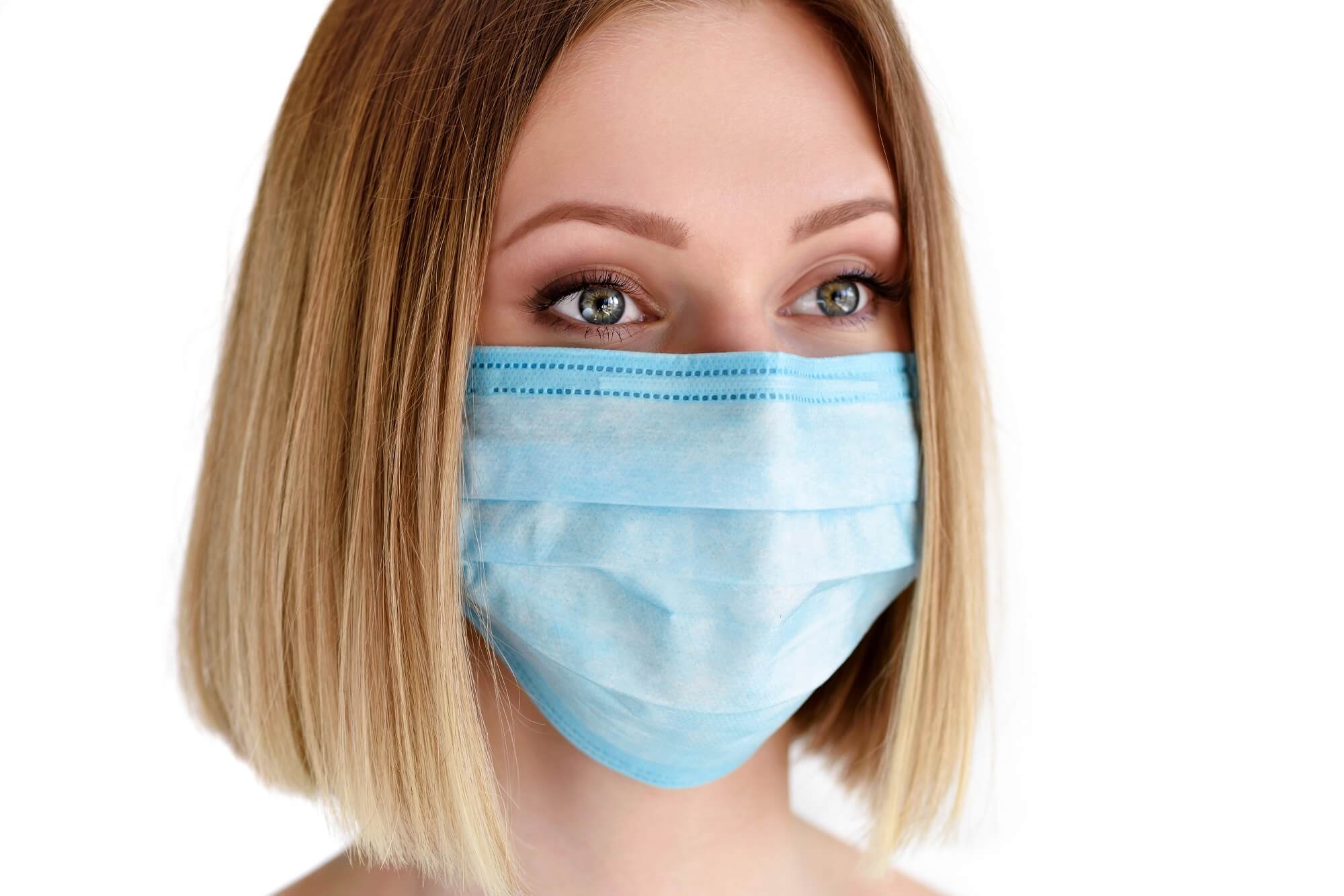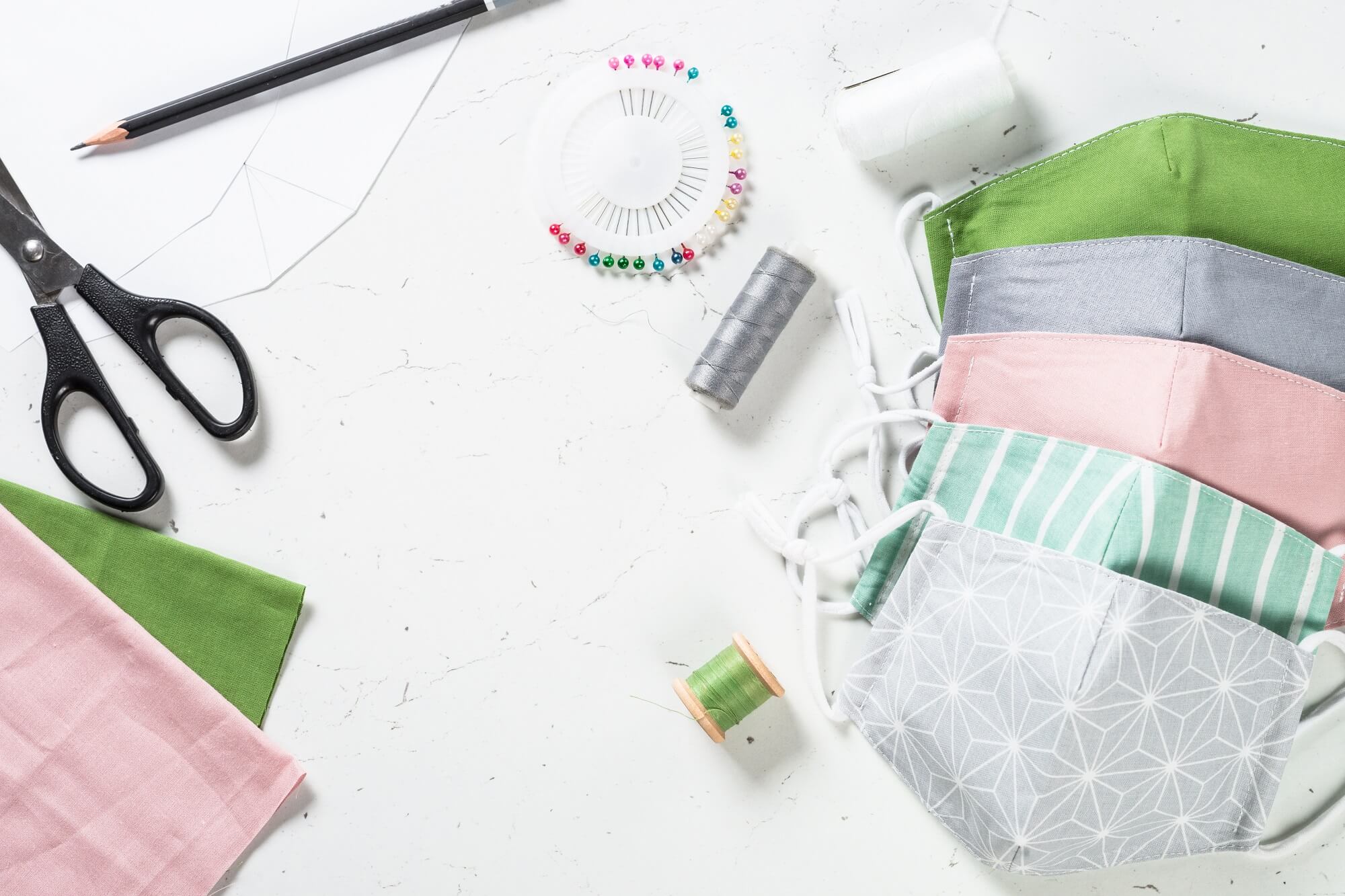 The question is, what kind of face mask should you wear? What is the best form of protection currently on the market? If you want to differentiate between all the face masks for sale, we’ve prepared a detailed guideline for you. Here are a couple of face mask tips you should know about.
The question is, what kind of face mask should you wear? What is the best form of protection currently on the market? If you want to differentiate between all the face masks for sale, we’ve prepared a detailed guideline for you. Here are a couple of face mask tips you should know about.
Why Do Face Masks Take Such a Predominant Role?
Over 50 countries have made face masks mandatory. Now, millions of people wear them every single day. But very few actually understand how do face masks work. The reason why these coverings have become a necessity is relatively simple. They are the primary layer of protection from the pandemic. They aid people by: • Limiting face to face or hand contact. The masks act as a physical barrier between a contaminant and the wearer’s lungs. • Reduces the spread of the infection. It's vital to know how to wear a face mask when sick. If a user is infected, the mask will trap all the particles from the infection inside the mask and prevent them from getting airborne. It protects those around the infected individual. • Decreases infection rates. People should also know how to wear facemasks when not sick. Wearing a mask shields the user from getting infected by inhaling airborne particles. This helps individuals protect themselves. Because of their massive impact, people are encouraged to wear a face mask as a protection protocol against the coronavirus. It’s vital to have at least one, reusable face mask for every member of the family.Best Face Mask For Virus Protection
Face masks are the go-to choice when trying to stay safe from the epidemic, alongside proper hygiene and social distancing measures. But, what you wear matters and you need to pick the best face mask for virus protection that won’t expose you to airborne particles. Here is everything you need to know about face masks and which type you should go for.Respirators - Best Face Mask For Virus Covers for Professional Use
Respirators are seal and fit tested facial coverings manufactured of tangled fibres. Their sturdy surface makes them the most efficient option for filtering air pathogens. Each respirator mask has to fit the strict NIOSH standards before it is ready for sale. However, there are different kinds of respirators with various efficiency rates: • N100 respirators are designed to filter 99.7% of the airborne particles. • N99 respirators can filter 99% of the airborne particles. • N95 respirators are meant to filter 95% of the airborne particles. Many are equipped with a valve, which helps the air get out and makes it easier for the wearer to breathe. Even though these are the best face masks for protection against COVID-19, they should be left to the healthcare personnel working in the frontline, recommends the CDC. People who are not constantly in contact with the virus don’t need such rigorous facial coverings. And since there is a shortage of masks and medical equipment, anyone in the healthcare industry could use these respirators.Surgical Mask - Best Face Mask Virus Cover For Day To Day Use
Surgical facial coverings are a single-use protection measure designed to expand as you cover the jaw, mouth, and nose. They are manufactured of synthetic fabric, which is a breathable material. Compared to the respirators, these facial coverings don’t require strict standards. They can’t form an airtight seal either but are the best option for protecting people from the coronavirus on a day to day basis. Based on reports, they can filter out the pathogens from 10% to 90%. Even though they are not as efficient as respirators, they offer just the right layer of protection from respiratory diseases for anyone that is not on the frontline working with COVID-19 infected patients. They are an excellent option for consistent use and a practical solution for shielding the lungs from airborne droplets.Cloth Masks - Best Face Mask To Protect From Germs If Made Correctly
If you’ve decided to make your own washable facial covering, you’ve definitely gone for a cloth mask. These masks can protect the wearer from airborne particles, but only if they are the right fit. Otherwise, all the gaps near the jaw, cheeks, and nose will expose you to the virus and can get inhaled. Plus, some fabrics are not good enough to keep out the droplets. Compared to its surgical counterpart, it might not be the best alternative. But it is much better than not wearing anything.
So, if you prefer to wear a cloth mask, make sure it fits perfectly and doesn’t have any gaps. Also, use 100% cotton fabric to add layers of protection, recommends the CDC. This is a common material used when making bedsheets. It has plenty of layers and is just thick enough.
However, avoid any material that is extremely thick, like a vacuum cleaner bag, or you will have trouble breathing. If you want to add even more protection, you can add DIY filters, like paper towels or coffee filters. This is the ultimate option for creating a safe facial covering.
Plus, some fabrics are not good enough to keep out the droplets. Compared to its surgical counterpart, it might not be the best alternative. But it is much better than not wearing anything.
So, if you prefer to wear a cloth mask, make sure it fits perfectly and doesn’t have any gaps. Also, use 100% cotton fabric to add layers of protection, recommends the CDC. This is a common material used when making bedsheets. It has plenty of layers and is just thick enough.
However, avoid any material that is extremely thick, like a vacuum cleaner bag, or you will have trouble breathing. If you want to add even more protection, you can add DIY filters, like paper towels or coffee filters. This is the ultimate option for creating a safe facial covering.
Leave a Comment